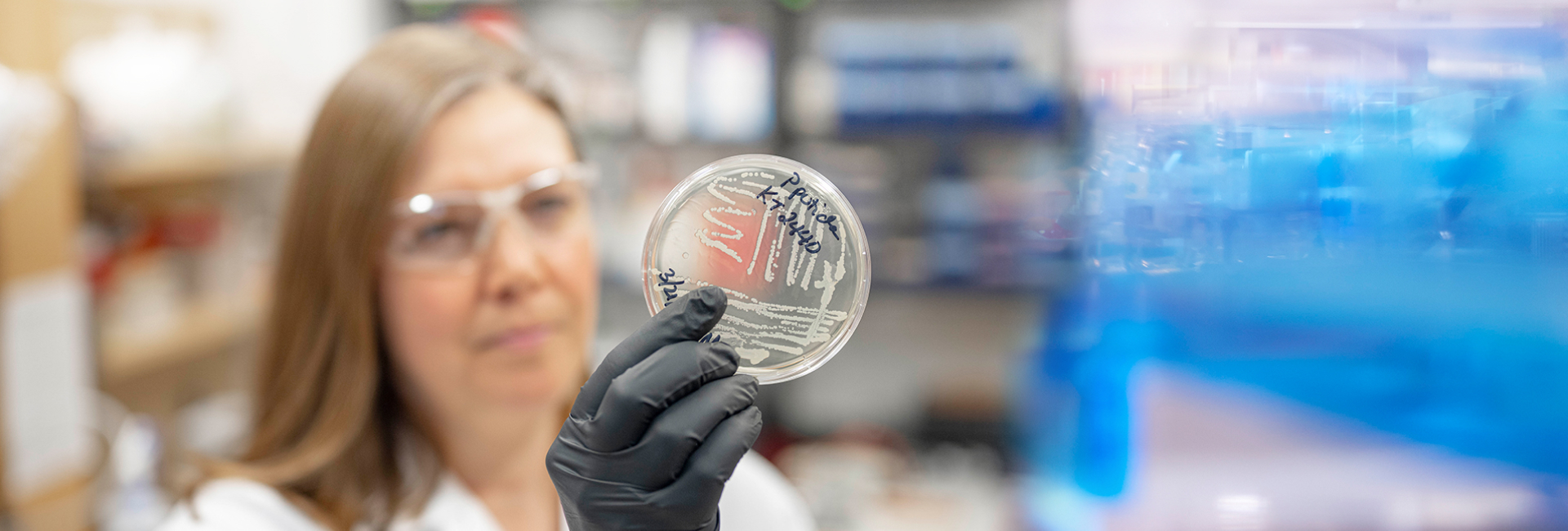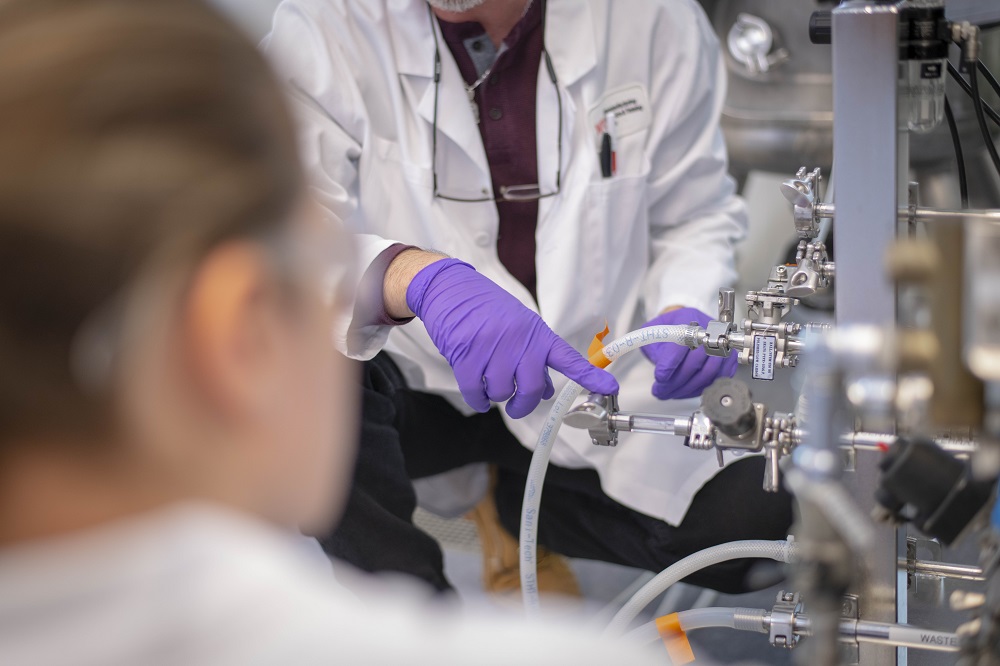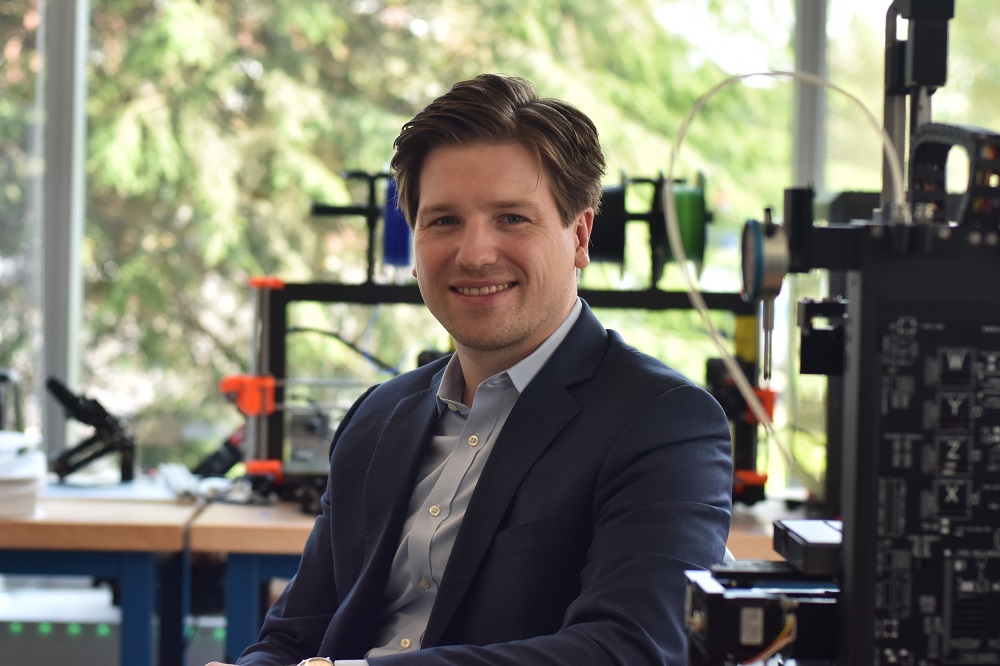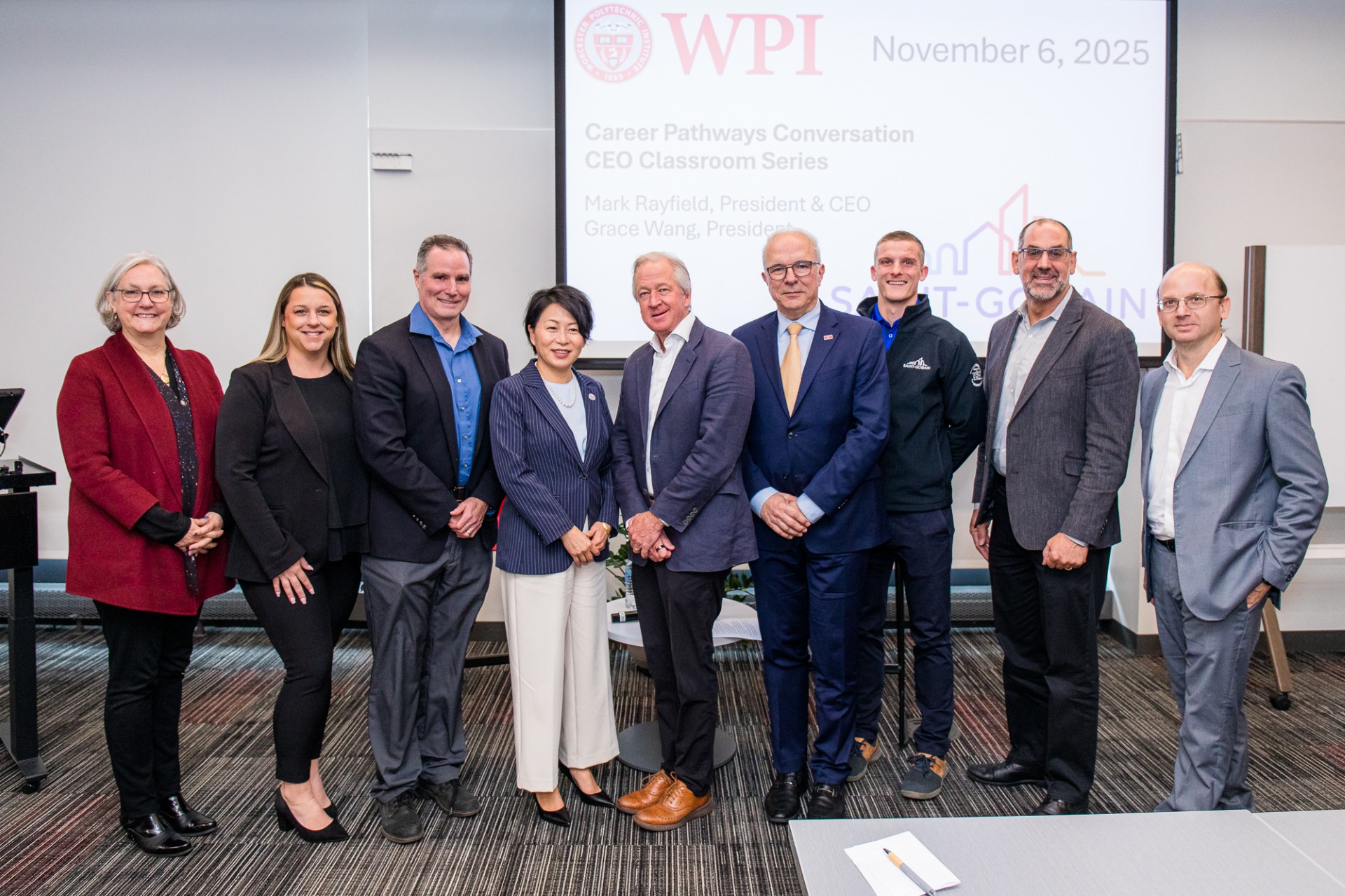Kamal Rashid, PhD, director of the Worcester Polytechnic Institute (WPI) Biomanufacturing Education and Training Center (BETC) and research professor of biology and biotechnology at WPI, will help lead BioTalk 2014, an international two-day event focused on biomanufacturing set for Sept. 25-26 in Berlin.
Sponsored by Global Summits, the event will bring together leaders of companies from around the world that use living cells to develop and produce human therapeutics. "The growth curve for biomanufacturing is rising, both for new product development and for emerging biosimilars," Rashid said. "This means greater hope for patients because of new therapies, and also significant challenges for biomanufacturing companies to operate successfully in this expanding, demanding, and heavily regulated industry."
On the first day of the conference Rashid will deliver a presentation titled, "Empowering the Workforce for Biomanufacturing." He will also sit on a panel discussing supply chain relationships for the industry. Rashid chairs the second day of the summit, delivering plenary opening remarks and leading the morning program on various aspects of biomanufacturing processes. That afternoon he will sit on a panel discussing the emerging challenges for companies planning to integrate continuous biomanufacturing processes to their operations.
"Biomanufacturing requires the integration of several complex processes and an intense focus on quality," Rashid said. "There are many facets to the operation, so sharing best practices and lessons learned and discussing the challenges all companies in the sector face is very important for the industry. That’s what we hope to accomplish in Berlin."
Anthony Mangano, associate vice president of academic and corporate development at WPI, will join Rashid at the summit and participate in a series of discussions with biomanufacturing executives on partnership opportunities. "WPI is already working with several of the leading biopharmaceutical companies in the world, and we look forward to extending our ability to support this growing sector," Mangano said.
Funded in part by a grant from the Massachusetts Life Sciences Center, the BETC is a multi-faceted resource for the biologics industry, providing a range of hands-on customized programs. The center works with biomanufacturers to help them train, and retrain, their employees at a state-of-the-art center removed from their own production facilities. It also offers a range of consulting services to help companies deal with challenges or institute best practices in their operations.
The BETC has large- and small-scale bioprocessing areas for both microbial fermentation and mammalian cell culture production. The center also features support labs and classrooms integrated with industry-standard process areas for equipment preparation, buffer and media preparation, product capture, purification, and analytics. It is equipped with single-use technologies as well as traditional autoclavable and stainless steel process equipment.
With a curriculum spanning multiple programs, including upstream and downstream processes, the BETC is designed to help current biomanufacturing employees improve and expand their skills. The center works closely with biomanufacturers to develop and deliver customized hands-on programs that support their specific business needs. It also offers open-enrollment, nonproprietary programs for individuals in the industry seeking to advance, as well as a fundamentals course designed for people seeking entry to the field. The center is also a resource for graduate and undergraduate education at WPI.



